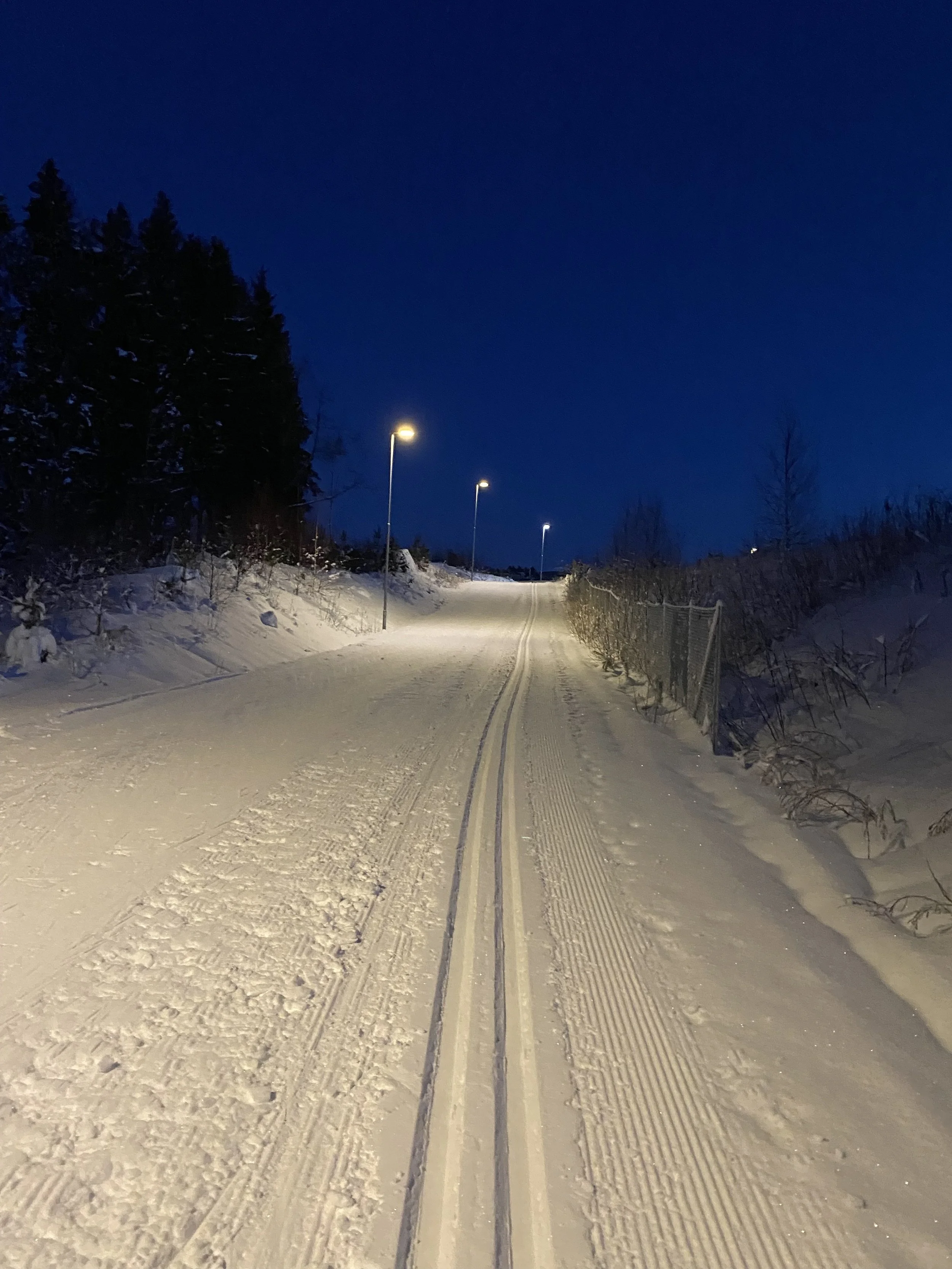The 20th of March, the UNs climate panel (IPCC) launched their synthesis report on climate change. This is a compilation of the main findings from the reports published between 2018-2022. Climate scientist Jan S. Fuglestvedt, who has also contributed to the reports, held a presentation in Norwegian and presented the main findings.
The IPCC reports concerns the physical climate changes and the effects they have on nature and society, climate adaptation, emission reductions, absorption of greenhouse gases and means of mitigating the effects of climate change. The special reports concerns the 1,5 degree heating target, climate change and land areas and oceans and ice. The synthesis report combines the finding of these and puts them into context.
The IPCC reports concerns the physical climate changes and the effects they have on nature and society, climate adaptation, emission reductions, absorption of greenhouse gases and means of mitigating the effects of climate change. The special reports concerns the 1,5 degree heating target, climate change and land areas and oceans and ice. The synthesis report combines the finding of these and puts them into context.
The current status is that we are already at 1,15 degrees warming.
The first arrow says “"We are here”. The second arrow says “Will be passed within the next 10 years”. The third arrow says “Paris target”, and the fourth arrow says “This is where we are headed”.
This image shows future emission scenarios. Where darker pink and purple colours indicates a higher temperature. In order to not reach those scenarios - three things must happen.
Global Co2 emissions must be halved within 2030 to reach the 1,5 degree target.
Adaptation. All sectors and systems must adapt and find where they can cut emissions.
Financing. Some measures are smarter and more affordable than others. See list below.
To be able to close the gap it will take drastic changes in all sectors and systems.
This graph shows measures under 100 USD per ton CO2 that can be halved within 2030.
The UNs climate panel says that we have what we need to act on the crisis - but the speed needs to increase drastically! The choices we make this decade will affect life on this planet for millenias’s to come.
This is where you come in. Instead of feeling overwhelmed or exhausted by these facts - put your energy into action! Here are five smart ways for you to get an outlet for your climate frustrations/anxiety/numbness etc:
Join an organisation - chose one that’s local to you. If you’re under 26, Nature and Youth is a good choice. If you are a student, maybe Spire. Being part of something bigger than yourself will help you channel your concerns into something more concrete, and get an outlet that will help the cause.
Express how you feel about the climate. Make art, write poetry, letters to the editor, letters to your local politicians (remember Norwegians - we have an important election coming up in September).
Vote. Of course you vote, but this year, and the coming - vote with the graphs above in mind. Vote for a living climate and a living planet, for you and those who will come after you.
Talk. Talk with your fellow students, your colleagues, your neighbours, your family, your community. Talk about both your concerns, but also what you both do in your every day life to make it better. We need hope and inspiration.
Finally - act. It feels good to contribute physically, so make your own or join a beach clean up event this spring. Make a list each month of 5 things you will do for the environment and climate that month. It might be taking old clothes to recycling, starting to mend your old clothes, making a bee hotel, using more meat free recipes or using the bus instead of your car. The list is endless, be creative with this one.
Be kind to yourself in the process. Combating climate change is a lifestyle that we must all be a part of. Find ways that are sustainable for your life situation. And celebrate your wins along the way. The seeds you plant today will be amazing in the time to come.















